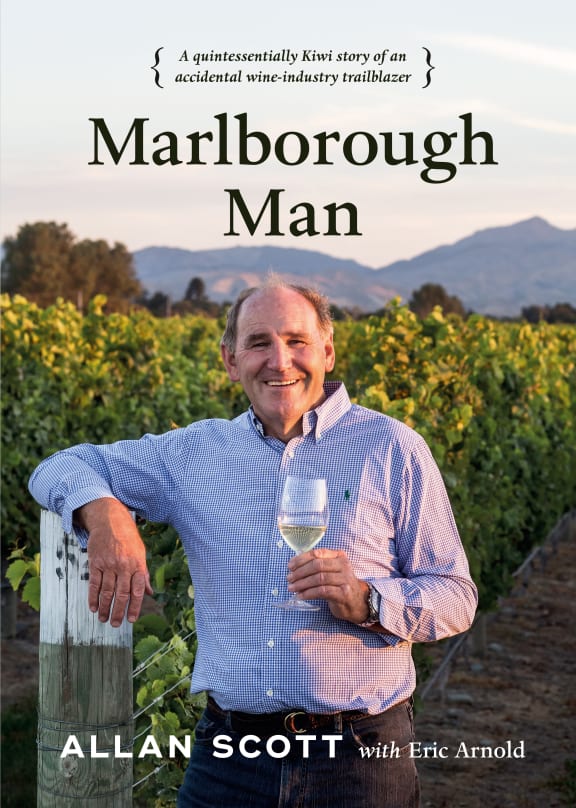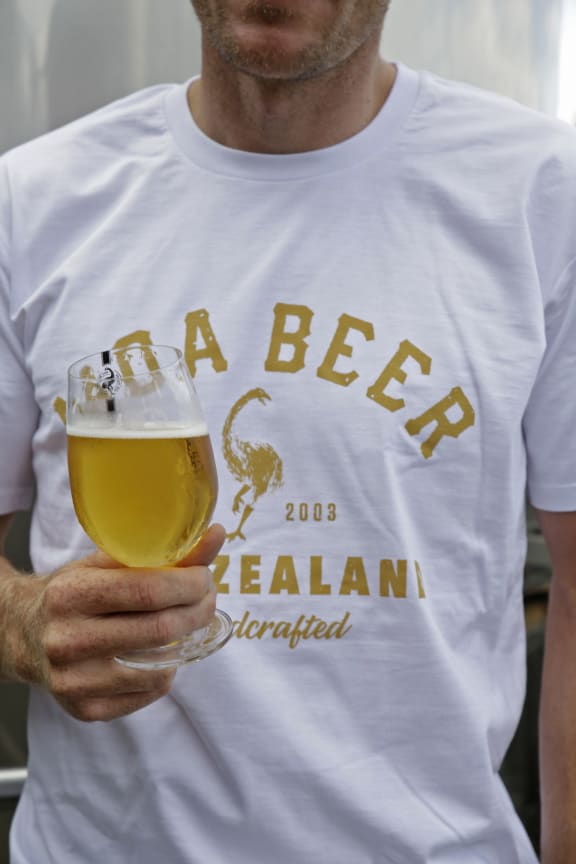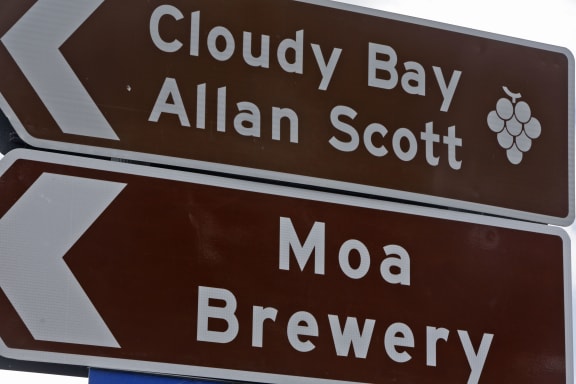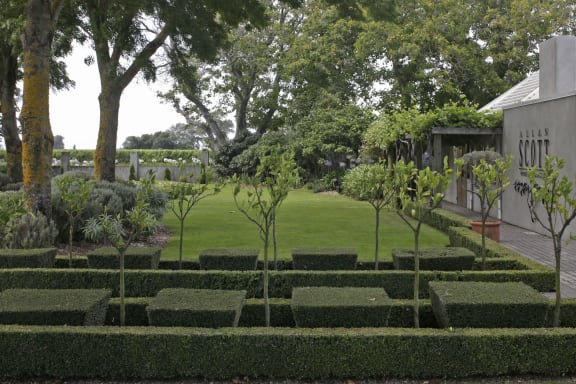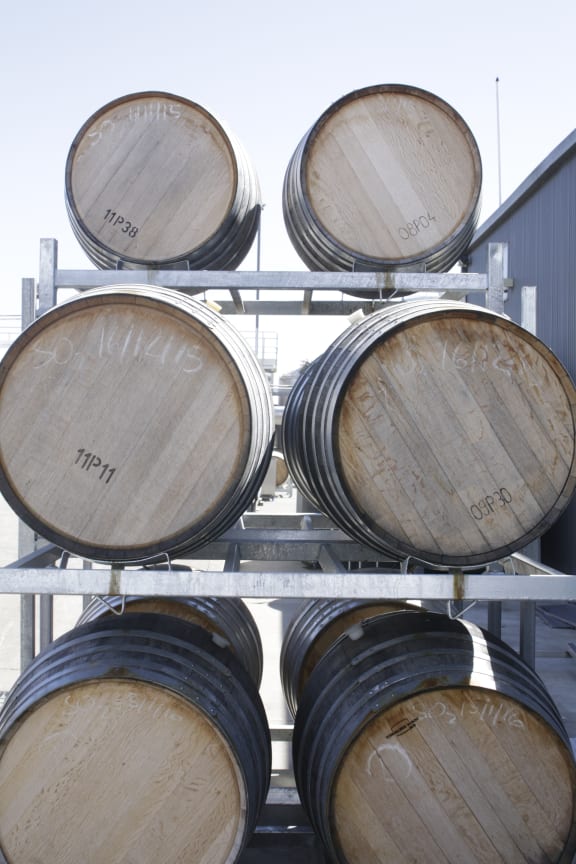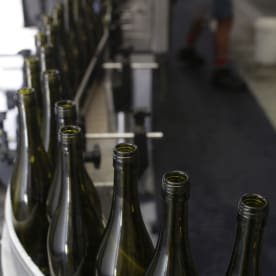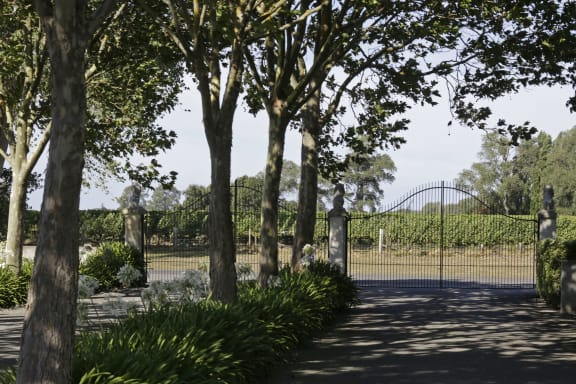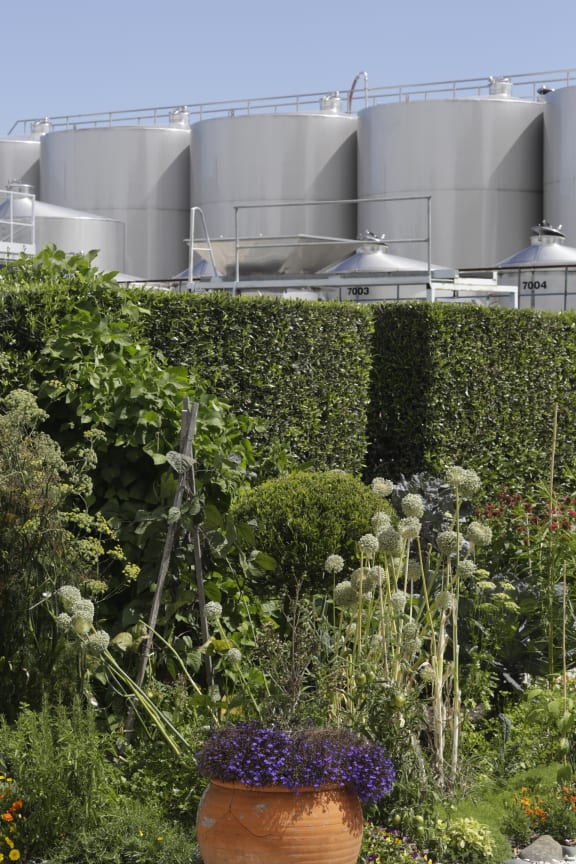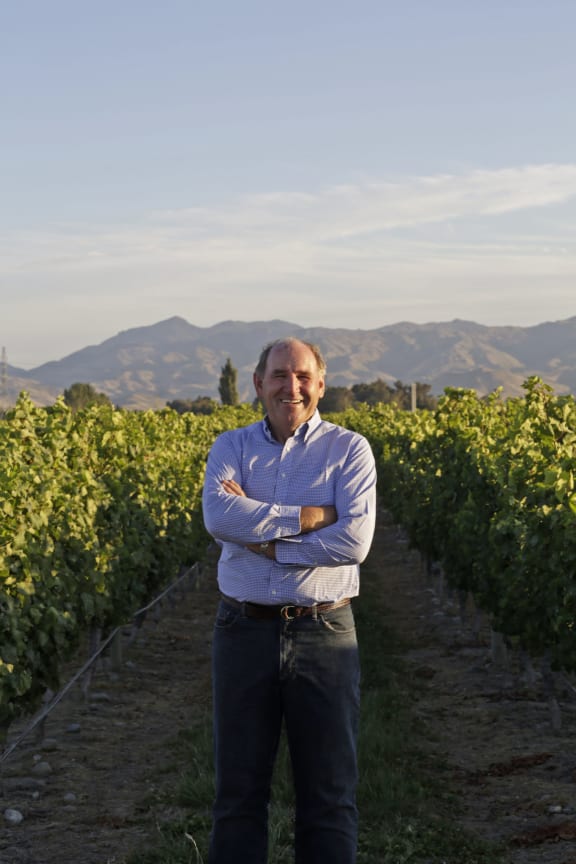"I don't think anybody ever envisaged the industry would become such a mighty machine."
Allan Scott is a name synonymous with wine and the story of the Marlborough trailblazer is a quintessentially New Zealand one.
In 1973, Scott helped plant the grapevines that would become Brancott Estate - the first vineyard in Marlborough. Now his company Allan Scott Wines produces around 1.5 million bottles of wine a year.
Scott has just co-written an autobiography with Eric Arnold, Marlborough Man. The two join Wallace Chapman.
In 1973, Scott and his wife had recently moved to Marlborough where he was doing farm labouring work.
After hearing a rumour the wine company Montana was buying 12 acres in Brancott Valley, he says he drove to the site “looking for a job with a little more life"
He was taken on, but the conditions were tough.
“I didn't think I'd last that long because it was very inhospitable. It was dusty and dirty, it was hot, it was cold, it was everything.”
Marlborough Man is the second book Arnold has worked on with Scott, who featured in First Big Crush: The Down and Dirty on Making Great Wine Down Under in 2007.
So what inspired a New York journalist to write about Marlborough winemaking? Originally, love of the product, Arnold says.
"Honestly, it was just really the first wine that I enjoyed, personally. People had been shoving wine in front of me for years saying 'Here, drink this' and I just never really understood it”
Then, in 2001, he came to New Zealand on holiday. "The first sip on that morning, I was hooked."
Scott says he wanted to write the book to record the story of Marlborough wine-growing for posterity.
“What really inspired me for the book more than anything was that there are just so many people who dedicated their lives to this industry who are just the forgotten heroes."
When Montana planted the first vines in 1973 Scott thinks it’s probably fair to say that all the other wineries stood back and laughed.
He attributes their success to Kiwi can-do attitudes.
"We just said, ‘Right, if we're gonna make this work, we're gonna have to apply a bit of Kiwi ingenuity."
So why did sauvignon blanc become New Zealand’s signature grape?
Scott says there are a million theories, but he thinks changing food styles and eating habits had a lot to do with it. A fruity wine was in order to match the Asian influences and spices appearing in our food.
Yet our signature wine could easily have been riesling, he says.
“But there was a bit of apathy against riesling because probably ten years earlier the Germans had made that really sickly-sweet style of riesling which turned a lot of people against it."
Allan Scott Wines was established in 1998 and Scott estimates they produce around 1.5 million bottles a year - 60 to 65 percent of which is exported.
This is less than other producers, but he says he loves the local market.
"We get some very loyal customers... which is lovely to see."
He does worry a wee bit about his demographic aging, though.
"People say 'My mum always used to have bottle of Allan Scott sauvignon blanc in the fridge," he laughs.
Scott says when it comes to wine, he is not an “overimbiber” and he admits the appeal of sauvignon blanc has always been a bit of a mystery to him. He’s more a riesling fan.
